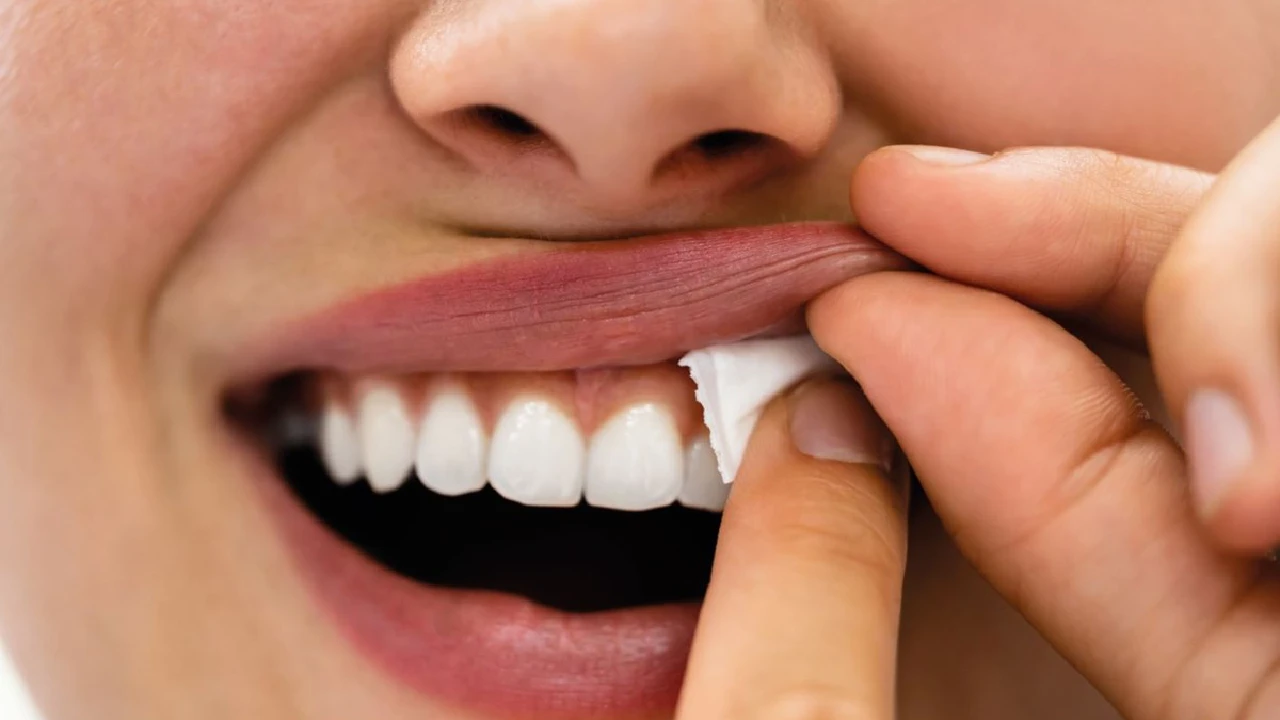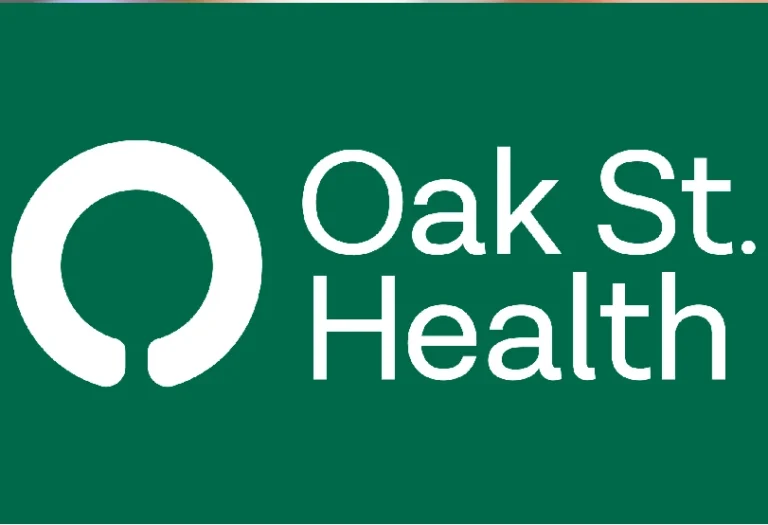
Nicotine pouches like Zyns are quickly becoming the go-to alternative for smokers trying to ditch cigarettes. They’re discreet, smoke-free, and don’t leave that lingering tobacco smell. But there’s one big question floating around: Are Zyns bad for oral health?
The short answer: while Zyns might seem safer than smoking, they’re not harmless. Regular use can lead to gum irritation, dryness, and in some cases, lasting damage to your oral tissues. Let’s break it down.
What Exactly Are Zyns?
Zyns are small, white nicotine pouches placed between your lip and gum. They deliver nicotine through the lining of your mouth — no smoke, no spit, no tobacco leaf.
Each pouch typically contains:
-
Nicotine (synthetic or extracted from tobacco)
-
Flavorings (mint, citrus, coffee, etc.)
-
Fillers like plant fibers and sweeteners
-
pH adjusters that help nicotine absorb faster
Unlike traditional snus or chewing tobacco, Zyns don’t contain tobacco leaf, which makes them feel “cleaner.” However, the nicotine itself is still a powerful chemical that affects your gums, blood vessels, and saliva flow.
How Do Zyns Affect Oral Health?
Even though Zyns skip the smoke and tar, they still expose your mouth to nicotine, which can cause several oral health issues.
1. Reduced Blood Flow to Gums
Nicotine acts as a vasoconstrictor, meaning it tightens blood vessels. This reduces oxygen and nutrient supply to the gum tissue. Over time, this can:
-
Slow healing after brushing or dental procedures
-
Make gums more prone to infection
-
Hide signs of gum disease (less bleeding doesn’t always mean healthy gums)
Think of it like cutting off a plant’s water source — it may not show damage right away, but it’s slowly starving.
2. Gum Irritation, Inflammation & Recession
Placing a pouch in the same spot repeatedly irritates the gum line. Constant contact can cause:
-
Localized redness or soreness
-
Minor burns or lesions
-
Gum recession (gum pulling away from teeth)
Once the gum recedes, it doesn’t grow back naturally. That exposes sensitive tooth roots and increases the risk of decay.
3. Dry Mouth (Xerostomia)
Nicotine slows down saliva production, leading to dry mouth. Saliva is your mouth’s natural defense — it neutralizes acids, washes away food particles, and protects enamel.
Without enough saliva:
-
Plaque builds up faster
-
Cavities form more easily
-
Bad breath becomes a daily battle
You may not notice it at first, but constant dryness creates the perfect environment for bacteria to thrive.
4. Oral Mucosal Lesions
Dentists are starting to report white patches or ulcers on the inner lip or gum where Zyns are placed. These lesions are usually noncancerous but indicate tissue irritation.
In some cases, biopsies show parakeratosis — a thickening of the surface cells from repeated friction or chemical exposure. While not cancer, it’s your mouth’s way of saying “enough.”
5. Gum Disease and Bacterial Imbalance
Your mouth hosts a complex community of bacteria. Nicotine changes that balance, encouraging harmful bacteria linked to gingivitis and periodontitis (advanced gum disease).
Add reduced blood flow and dryness to the mix, and your gums lose their ability to fight infection. That’s a recipe for chronic inflammation and long-term damage.
6. Possible Long-Term Risks
Research on nicotine pouches like Zyns is still young. But based on what’s known from snus and other smokeless tobacco:
-
Chronic irritation could raise the risk of precancerous lesions
-
High nicotine levels promote addiction, making quitting harder
-
Some users experience tooth sensitivity or enamel erosion over time
So far, no solid link between Zyns and oral cancer has been proven — but experts warn that it’s too early to call them safe.
Signs Zyns Might Be Harming Your Mouth
If you use Zyns regularly, watch for these early warning signs:
-
Soreness or tenderness in one area of your gums
-
White patches, spots, or ulcers where you place pouches
-
Receding gums or exposed tooth roots
-
Persistent bad breath or metallic taste
-
Sensitivity to hot, cold, or sweet foods
If any of these sound familiar, take a break and schedule a dental checkup. Early intervention can prevent permanent damage.
Can You Use Zyns Without Wrecking Your Smile?
If you’re not ready to quit cold turkey, here are some harm-reduction tips to protect your mouth:
✅ Rotate Placement
Don’t keep pouches in the same spot every time. Move them around to give your gums a break.
✅ Limit Duration
Keep each pouch in for 15–20 minutes instead of an hour. Less exposure = less irritation.
✅ Stay Hydrated
Drink plenty of water to fight dry mouth. Sugar-free gum or lozenges can help stimulate saliva.
✅ Practice Excellent Oral Hygiene
Brush twice a day, floss daily, and use an alcohol-free mouth rinse. Gentle brushing helps prevent plaque buildup on irritated gums.
✅ See Your Dentist Regularly
Tell your dentist about your Zyns use. They can monitor your oral tissues for early signs of irritation or infection.
Zyns vs Smoking vs Chewing Tobacco: Which Is Worse?
| Product | Contains Tobacco Leaf | Smoke Inhaled | Nicotine Delivery | Oral Cancer Risk | Gum Damage |
|---|---|---|---|---|---|
| Cigarettes | Yes | Yes | High | Very High | Moderate |
| Chewing Tobacco | Yes | No | High | High | High |
| Zyns (Nicotine Pouches) | No | No | Moderate | Unknown (likely lower) | Moderate |
Zyns are less harmful than smoking or chewing tobacco — but “less harmful” doesn’t mean “harmless.” They still expose your mouth to nicotine and cause local irritation. For many users, Zyns become a long-term habit instead of a quitting aid.
What Does Research Say?
Recent dental studies and clinical observations show:
-
Local gum recession and mucosal irritation are common in long-term pouch users
-
The degree of damage depends on how often and how long pouches stay in place
-
There’s no conclusive evidence yet linking Zyns to oral cancer
-
Some early reports suggest tissue recovery after stopping use within 2–3 months
However, the lack of long-term studies means no one knows the full picture yet. Until more data arrives, it’s best to approach Zyns with caution.
When to See a Dentist or Stop Using
Call your dentist if you notice:
-
Persistent white or red patches
-
Bleeding or receding gums
-
Sores that don’t heal within two weeks
-
A burning or tingling sensation under the lip
Your dentist can examine the area, take photos for comparison, and recommend next steps. If irritation persists, quitting might be your best bet.
Key Takeaways
-
Zyns are not harmless — they can cause gum irritation, dry mouth, and tissue changes.
-
Nicotine restricts blood flow, slows healing, and alters your oral microbiome.
-
Rotating use, shortening duration, and maintaining great hygiene can reduce harm.
-
Regular dental checkups are essential for early detection.
-
“Safer” doesn’t mean “safe.” Your smile deserves better care.
FAQs About Zyns and Oral Health
1. Can Zyns cause gum disease? ✅ (Best for FAQ schema)
Yes. Nicotine reduces blood flow and irritates gum tissue, increasing the risk of gum disease if used frequently. Good hygiene helps, but it doesn’t eliminate the risk.
2. Do Zyns cause oral cancer? ✅ (Best for FAQ schema)
There’s no clear evidence yet, but chronic irritation and nicotine exposure may increase risk. More research is needed to confirm long-term effects.
3. How quickly can Zyns damage your gums?
It varies. Some users notice irritation after just a few weeks of daily use, especially if pouches are kept in one spot too long.
4. Are Zyns safer than cigarettes for your mouth? ✅ (Best for FAQ schema)
They’re less harmful because there’s no smoke or tar, but they still affect your gums and oral tissues. “Less bad” doesn’t equal “good.”
5. Can you reverse gum damage from Zyns?
Mild irritation may heal after quitting, but receded gums don’t grow back naturally. Early care can prevent permanent damage


